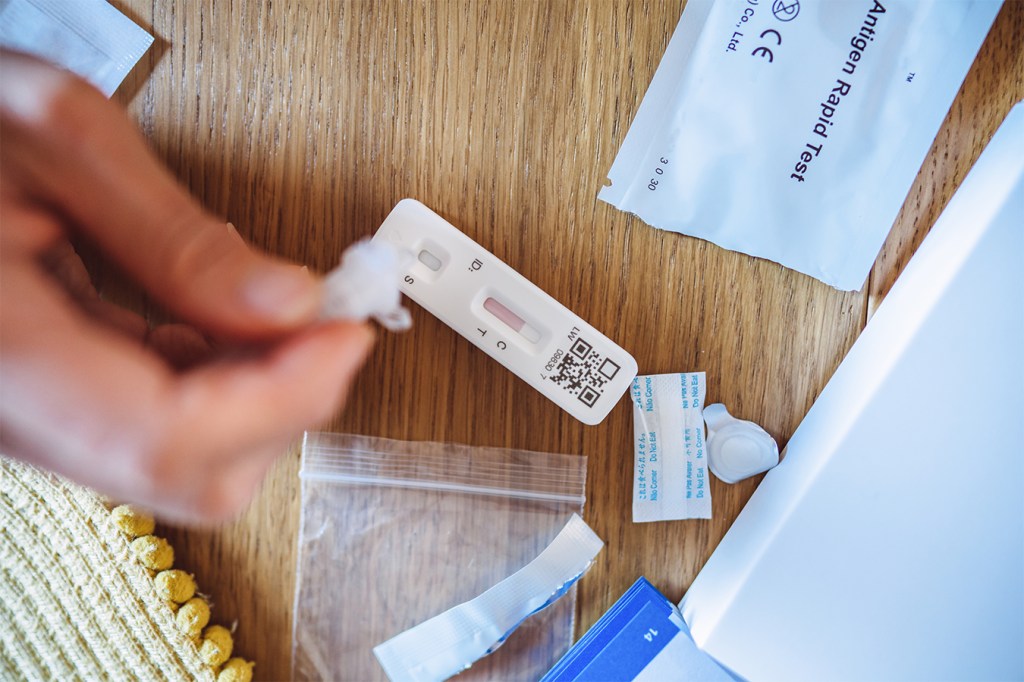HIMSS22 APAC finally returns on stage in Bali, Indonesia after two years of the pandemic.
“This is a long-awaited reunion,” said Hal Wolf, President and CEO of HIMSS, in his opening address on Tuesday.
“Coming from the dark clouds of the pandemic, we begin to see a silver lining, which are the lessons learned of the great accelerator that has just occurred in digital health all around the globe,” he said.
Wolf noted how health stakeholders around the world are now seeking opportunities to drive forward with digital health to improve health outcomes.
“And that’s why we’re all here. It’s to forge new relationships, to learn from each other and to take our collective experiences together so that we, in our accompaniment together, can change the future of healthcare,” he said.
Digital technologies, indeed, have the potential to drive improvements in healthcare delivery. Its value, according to Dr Fathema Djan Rachmat, President Commissioner of the Jakarta Heart Center, can only be achieved by collaborating.
“I believe that HIMSS22 APAC will be a great opportunity to connect to each other, to learn from each other, to discuss with experts and practitioners from all around the world to accelerate the transformation of healthcare digital services to improve patient safety, patient quality of care, and patient outcomes,” she said.
Dr Tri Hesty Widyastoety, General Secretariat of the Indonesian Hospital Association (PERSI), also shared her hope for the event to provide local stakeholders with a chance to connect with experts and gain knowledge and proficiency to oversee the ongoing digital transformation of Indonesian hospitals. Recently, PERSI found in a survey with around 500 local hospitals that while 80% of them have put up a billing system, only about 70% have implemented EMR optimally.
Finally, Budi Gunadi Sadikin, Indonesian Minister of Health, who delivered his message via video, noted how the pandemic has provided their country with an opportunity to digitise its healthcare system. For instance, it was only during the pandemic that the Ministry of Health is able to digitally connect with labs that are sending their COVID-19 data online and with 17 partner telemedicine startups that are providing online healthcare services to patients. “All these digital technologies help the country and our people to advance healthcare services to a level that we have never seen before,” he said.
Indonesia is now embarking on a transformation of its national healthcare systems, inspired by the ongoing health crisis. In this effort, the government has identified six pillars of healthcare reform: primary care, hospital care, national healthcare resiliency, healthcare financing, healthcare human resource, and healthcare technology (including digital health technology and biotechnology).
Sadikin emphasised that the “combination of digital health and biotechnology [is key to a] successful medical industry in the future” and that “Indonesia is ready for it.” The recently published Blueprint for Digital Health Transformation Strategy guides the development and implementation of national healthcare technologies in the country, which includes the national citizen app PeduliLindungi, EMR, and the national biobank.
“When the wind of digital and biotechnology is coming, many healthcare professionals will build a wall and [will not] want to embrace it. But a few smart ones will embrace this technology,” the minister concluded.
Note: This article have been indexed to our site. We do not claim legitimacy, ownership or copyright of any of the content above. To see the article at original source Click Here













